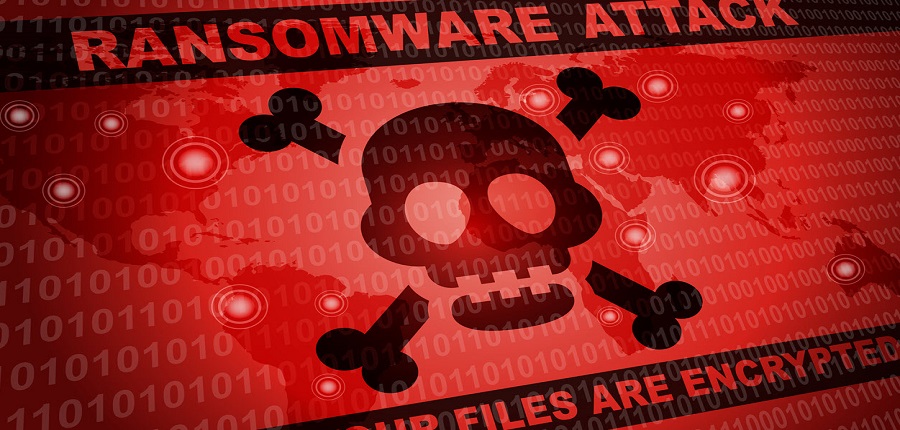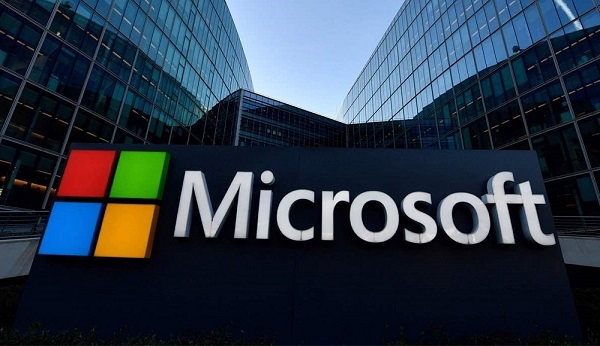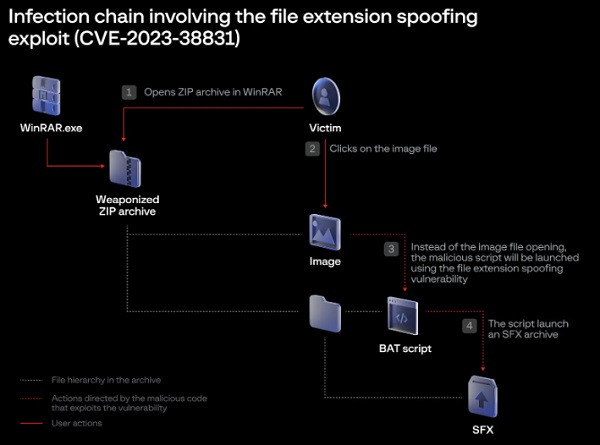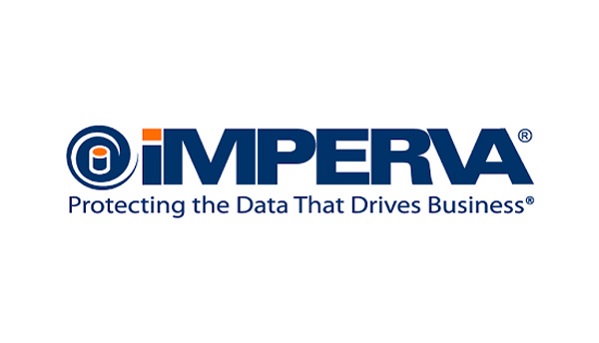BlackCat Ransomware gang targets the European gas pipelines
BlackCat ransomware group (aka ALPHV) has taken the responsibility of cyberattack against Creos Luxembourg S.A. that manages the natural gas pipeline and electricity network in the Grand Duchy of Luxembourg.
Encevo, the owner of Creos, which is the major energy supplier in the five European countries informed that there has been a cyberattack between July 22 and 23. This attack has basically targeted the customer portals of Creos and Encevo, however there has been no interruption in their services.
On July 28, the company updated that a certain amount of data has been stolen or has been made inaccessible by the attackers. The investigations are in process and the scope of the impact is yet to be ascertained.
See more: Sensitive UAN data exposed online claimed Security researcher
“The group is currently making every effort to analyse the hacked data. For the moment, the Encevo Group does not yet have all the information necessary to personally inform each person concerned. Encevo registered a complaint with the Police of the Grand Duchy and of course notified the CNPD (National Commission for Data Protection), the ILR (Luxembourg Institute of Regulation) and the competent ministries”

BlackCat ransomware operates under Ransomware-as-a-Service (RaaS) business model which targets the Companies by compromising their valuable data. It is written in Rust programming language which gives it the leverage to quickly locate and encrypt the targeted files apart from being able to target and encrypt both Windows and Linux systems.
See more: Personal Data Protection Bill withdrawn to give way to new Bill
BlackCat spearheads other cybercrime groups (which focus on targeting the sensitive data of the organizations and threaten of making it public) by launching a DDoS (distributed denial of service) attack if their demands aren’t met. Their demands vary basis the target; however, some companies have reportedly received the demands of up to $14 million.
Follow on Facebook: Latest Hacking Updates






